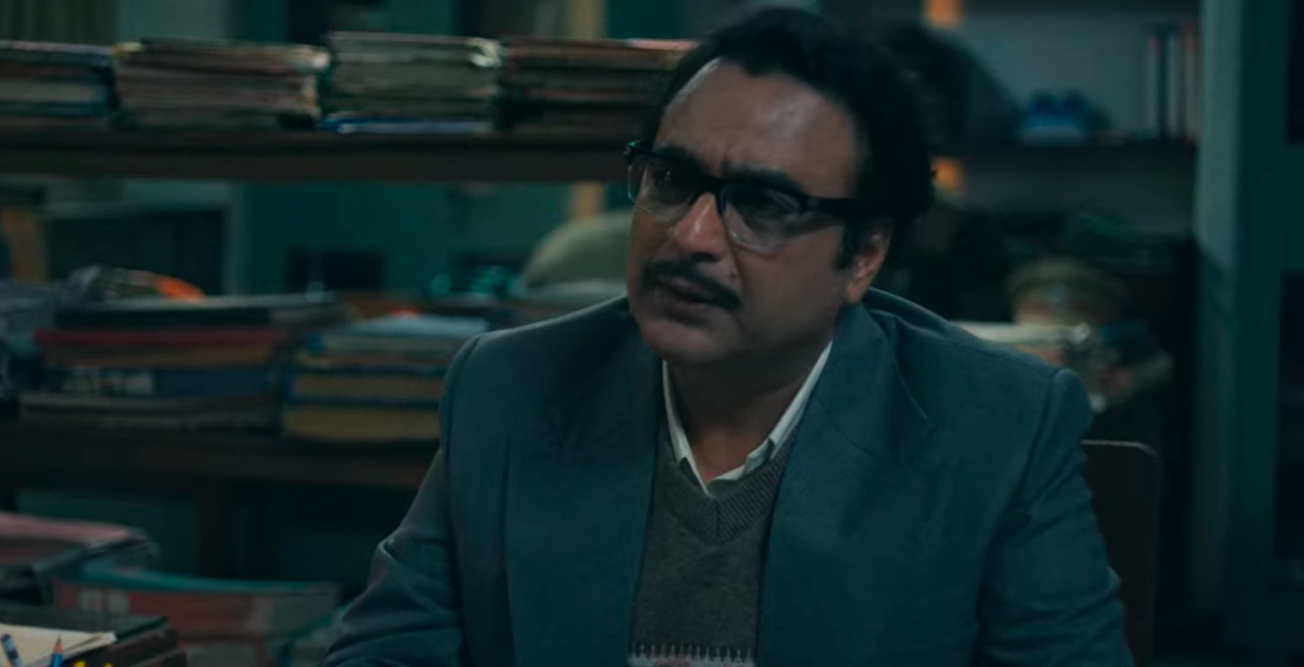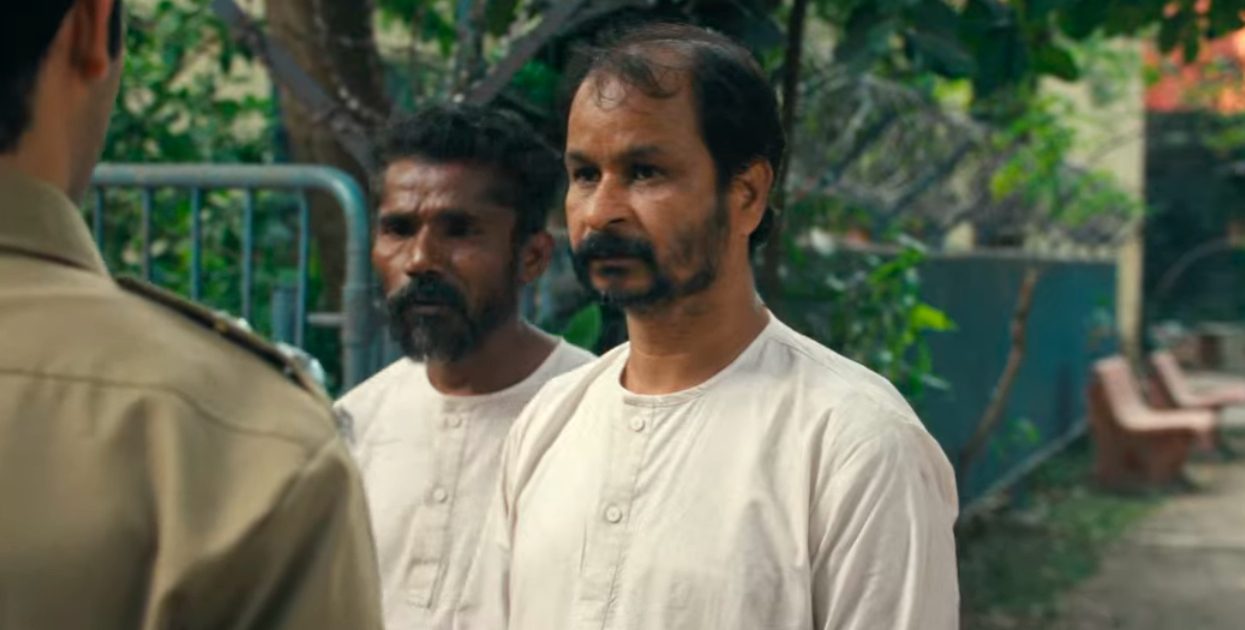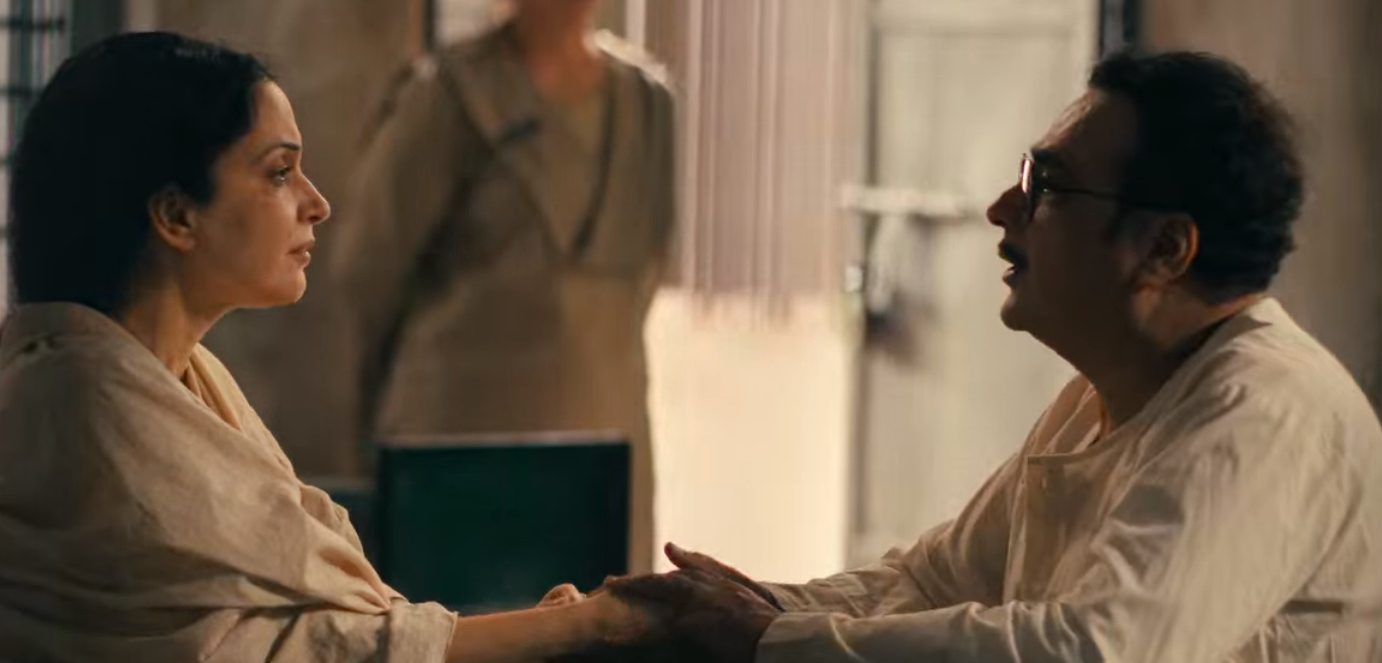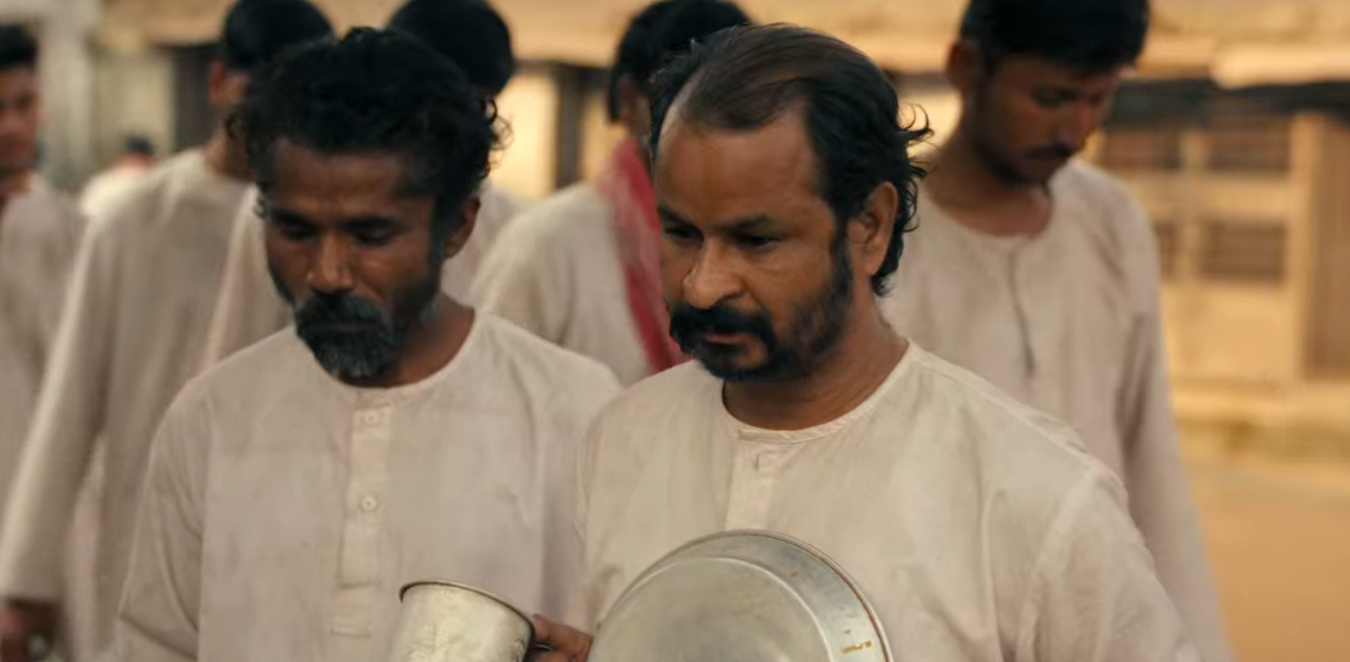Netflix’s Indian prison drama series, ‘Black Warrant’ delivers a unique insight into the workings of the largest prison in the country. While the show focuses on the struggles of the prison officials, who have to always be on their toes and do whatever it takes to maintain order, it also introduces us to the inmates of Tihar, with each prisoner echoing a different story. Of the variety of people living behind bars, some are cunning and manipulative, like Charles Sobhraj, while there are others who try to stay out of any trouble. There are powerful ones, like the Tyagi and Haddi gangs, who run things both inside and outside the prison. And then there are ones like Kartar and Ujagar Singh, who received the short end of the stick because of their poverty and powerlessness. SPOILERS AHEAD.
Kartar and Ujagar Singh were Hired Killers by a Prominent Doctor

‘Black Warrant’ is based on the nonfiction book by Sunil Kumar Gupta, who worked in Tihar for more than three decades. His accounts of the prisoners there are used to create the Netflix series, and the characters of Kartar and Ujagar Singh and the murder case for which they are in prison are also borrowed from reality. The crime in question happened on the evening of December 4, 1973. The victim was a woman named Vidya Jain, who was stabbed fourteen times by Ujagar while Kartar held her to the ground outside her house in Defence Colony in South Delhi. Meanwhile, her husband, Dr. Narendra Singh Jain, personal eye surgeon to then-President Dr VV Giri, was left untouched by the attackers.
Hours later, when Dr. Jain sat in front of a police officer, he told them how his wife was attacked out of the blue by two men. The couple were going to a relative’s house. Dr. Jain got inside the car in the driver’s seat and, seconds later, realized that his wife didn’t get in the car. He got out to discover two men attacking her. When they’d killed her, they simply ran away. The cops immediately questioned the husband’s testimony, and the first question they wondered about was why the attackers targeted only the wife and did not even touch the husband. It didn’t seem to be the case of a robbery because the wife still had her jewels on when the attackers had fled. Moreover, stabbing someone fourteen times meant something personal was involved, but Dr. Jain and his wife didn’t seem to have any enemies.

The most important question, however, was why Dr. Jain did nothing while his wife was being stabbed. And why didn’t he call the cops immediately? Soon, it was revealed that Dr. Jain was having an affair with his former secretary, Chandresh Sharma. His wife found out about it and had the secretary fired. The affair continued behind her back, and eventually, it was decided to get her out of the way. That’s when the murder plot was hatched. Chandresh reached out to her connections to find people who could get the job done. Eventually, Kartar and Ujagar Singh were found. They were ready to do the job for around INR 25,000. They were paid INR 500 in advance; the rest was promised after the job was done.
Kartar and Ujagar Singh’s Sentence Highlights the Imbalance of the Justice Scales
Once the cops started poking holes in Dr. Jain’s story about his wife’s murder, things quickly unraveled. Kartar and Ujagar Singh were caught, and so were Dr. Jain and his mistress. By the end of the trial, all four of them were given life sentences, but a shocking twist arrived when, in an amending of the sentence, the High Court gave Kartar and Ujagar Singh a death sentence, while the other two culprits still had life sentences. Everyone questioned the court’s decision, but it all came down to the fact that the men were too poor to afford proper counsel, which prevented them from building a better defense for themselves. Years later, when Sunil Gupta met them in Tihar, they spoke about this injustice and the role their poverty had played in their death sentence.

Kartar and Ujagar Singh were hanged to death on October 9, 1983, while Dr. Jain and Chandresh continued living in the prison. Two years later, they petitioned for release, citing that they had spent sixteen years for their crimes, which was enough of a sentence. On July 22, 1985, the court accepted their demands, and they were set free. This was seen as a gross misjudgment, considering that Dr. Jain and Chandresh were the ones who masterminded Vidya Jain’s murder, while Kartar and Ujagar were simply the means to their ends. Eventually, the courts took to appropriating equal blame on the ones planning and executing a murder, but it didn’t happen in time for Kartar and Ujagar Singh.
Read More: Black Warrant: Is Saini Sahab Based on a Real Tihar Jail Accountant?


You must be logged in to post a comment.